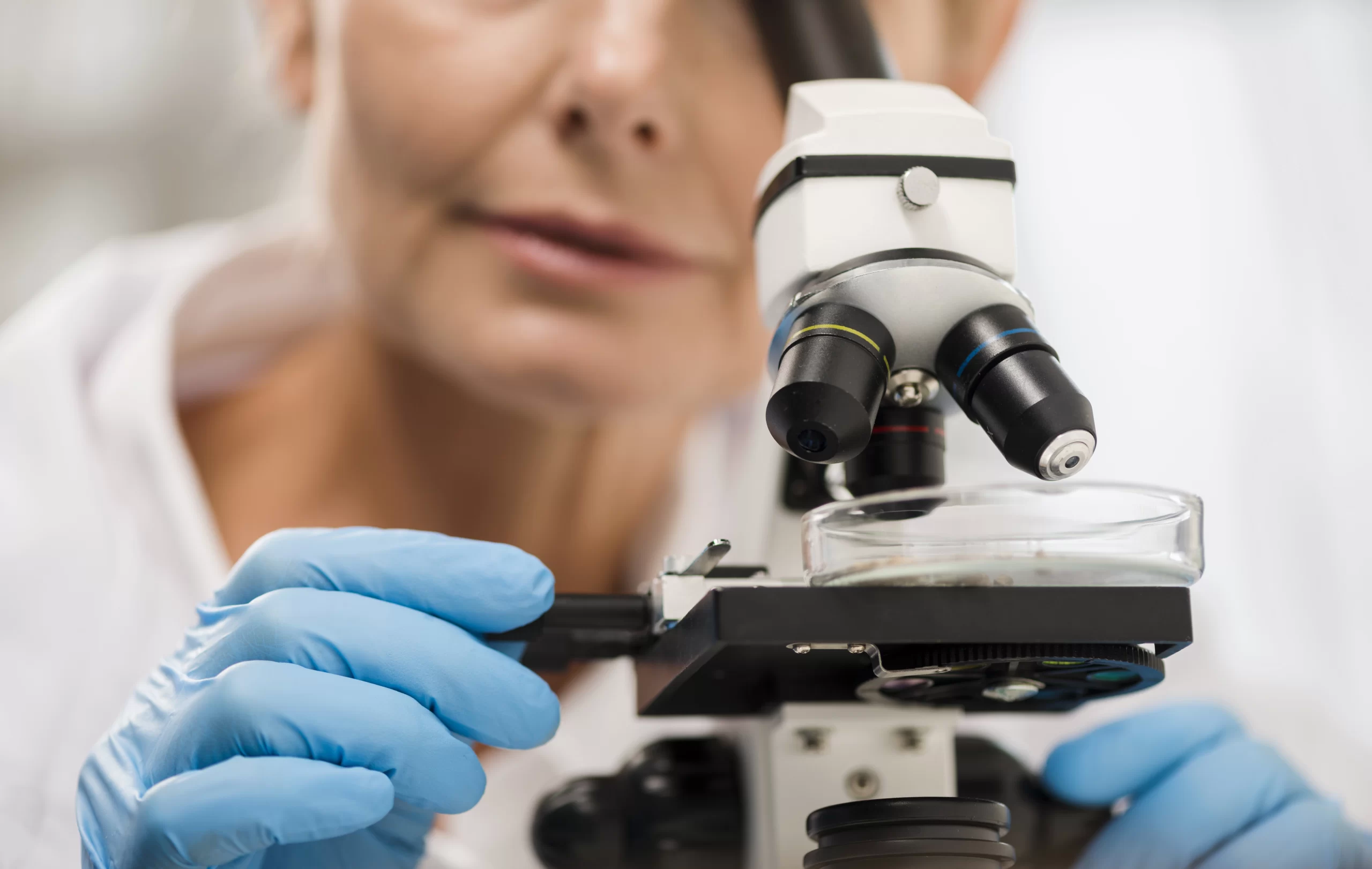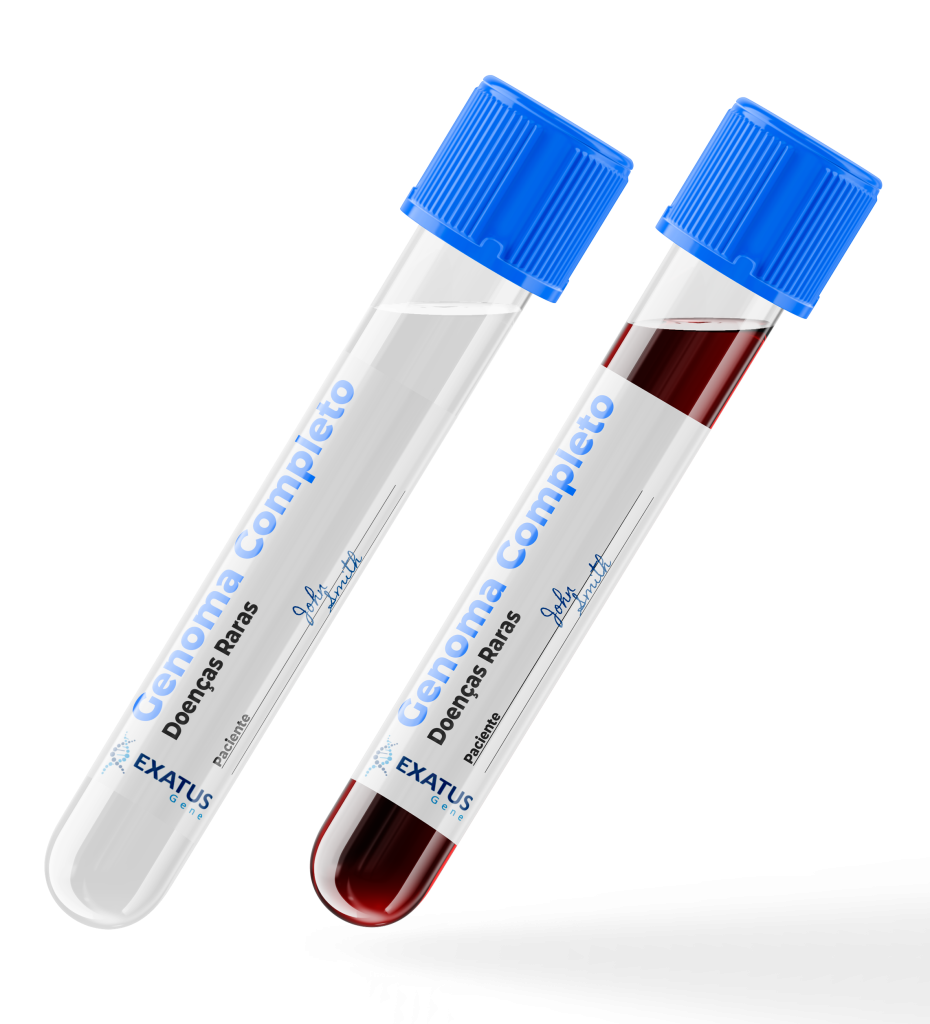
The Complete Genome offers a comprehensive analysis of an individual’s entire DNA. Unlike exome sequencing, which focuses only on the coding regions of genes, complete genome sequencing analyzes 100% of the genome, including exons, introns, regulatory regions, and structural variations.
Studies by the Brazilian Society of Endocrinology and Metabolism show that 80% of rare diseases have a genetic origin, meaning they are inherited from biological parents.
Consider this test in the following situations:
The test sequences the entire human genome, which includes approximately 20,000 genes and about 3 billion base pairs of DNA. It encompasses not only coding regions of genes (exons) but also intronic (non-coding) regions, promoter regions, and other regulatory areas, as well as structural variants (such as CNVs and genomic rearrangements).
The methodology used for this test is as follows:
Blood: No fasting required.
Saliva: 30 minutes of total fasting.
Within 30 days.
Medical request (including medical report).

| Type | Description |
|---|---|
| Technique | NGS + (SNV, INDEL, CNV) |
| Accuracy | 99% |
| Variant Reclassification | Daily |
| Raw Data | Free – FASTQ, VCF, and BAM. |
Note: Request alongside the test.

Main Office Rua Bento Gonçalves, 59, Room 802 — Centro, Marau, RS — 99150-000
Porto Alegre Office Rua Gomes Jardim, 301 , Room 918/909 — Santana, Porto Alegre, RS — 90620-130